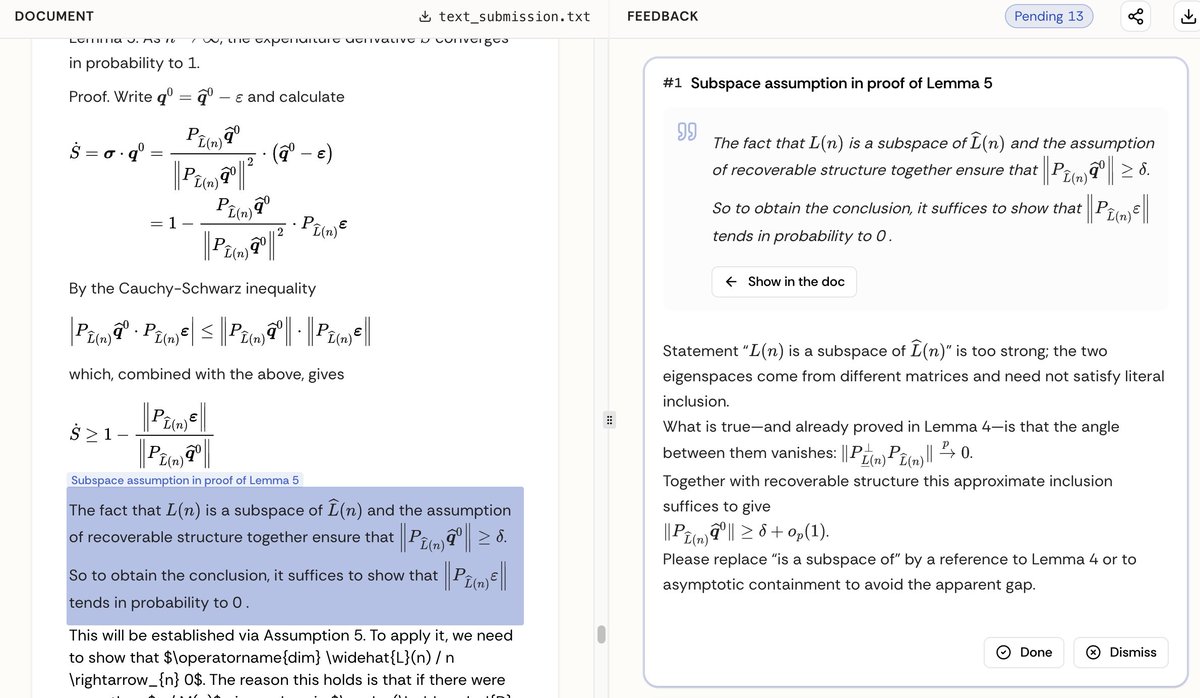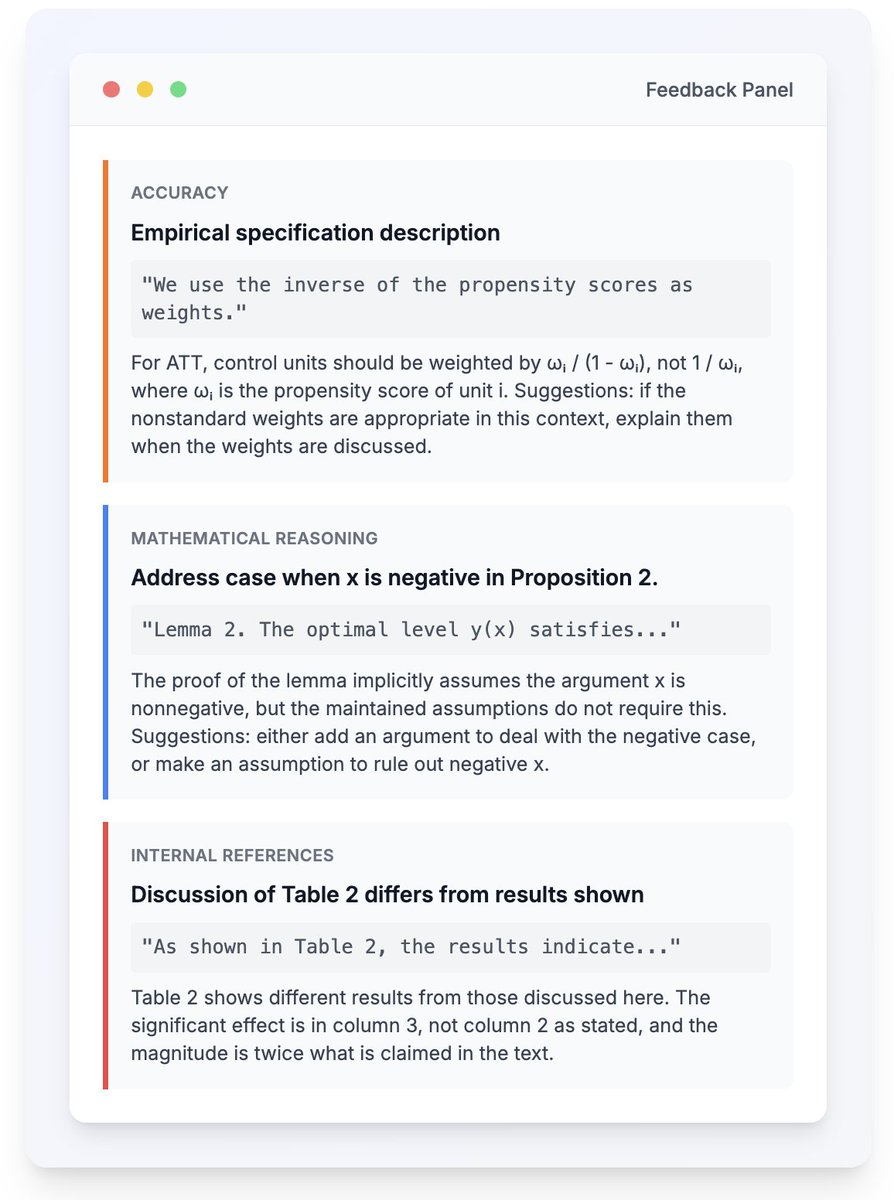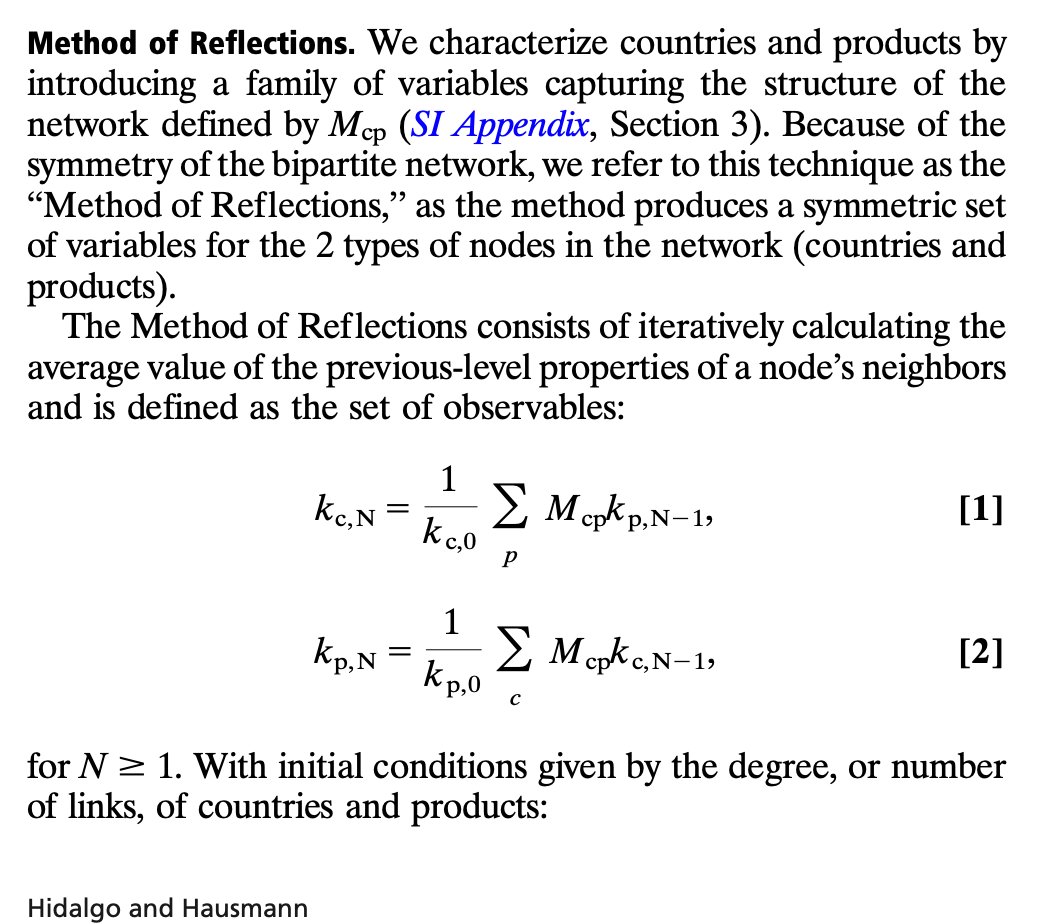A short thread on an obvious selection effect with some big consequences.
The social networks that are huge and very powerful now are the ones that grew the fastest. All else equal, these tend to be those with compelling products, but also another crucial thing:
1/
The social networks that are huge and very powerful now are the ones that grew the fastest. All else equal, these tend to be those with compelling products, but also another crucial thing:
1/
Being willing to make most trade-offs in favor of growth during a crucial period, which often was pretty long.
That process isn't pretty: it involves being willing to manipulate users and operate as many viral loops as possible, as long as they don't have a *growth* downside
2/
That process isn't pretty: it involves being willing to manipulate users and operate as many viral loops as possible, as long as they don't have a *growth* downside
2/
There's also a large, and maybe more important, effect on corporate culture: the people who grow most powerful and influential at the company during this period are the ones who were willing to give up a lot of other things for growth.
3/
3/
So now you have these companies that influence world events at the highest level. And, just by the nature of how they got to be that way, their senior leaders are selected on having been obsessed, to the exclusion of other values, with user growth.
4/
4/
Not all the leaders, of course, but the directional effect is there.
And now, these are the people (naturally - who else?) who run earnest corporate responsibility initiatives to make the platforms serve society better.
5/
And now, these are the people (naturally - who else?) who run earnest corporate responsibility initiatives to make the platforms serve society better.
5/
Facebook is, of course, the perfect example of this, but not the only one.
So part of what we are learning about in the early 21st century is what a politics and a culture presided over by growth hackers looks like.
6/
So part of what we are learning about in the early 21st century is what a politics and a culture presided over by growth hackers looks like.
6/
I think a recognition of this phenomenon is why some of the people who understand these companies (and the leaders involved) best feel darkest about things.
Thread inspired (most proximately) by this useful history
7/7
Thread inspired (most proximately) by this useful history
https://twitter.com/drose_999/status/1312215292609662977
7/7
• • •
Missing some Tweet in this thread? You can try to
force a refresh








